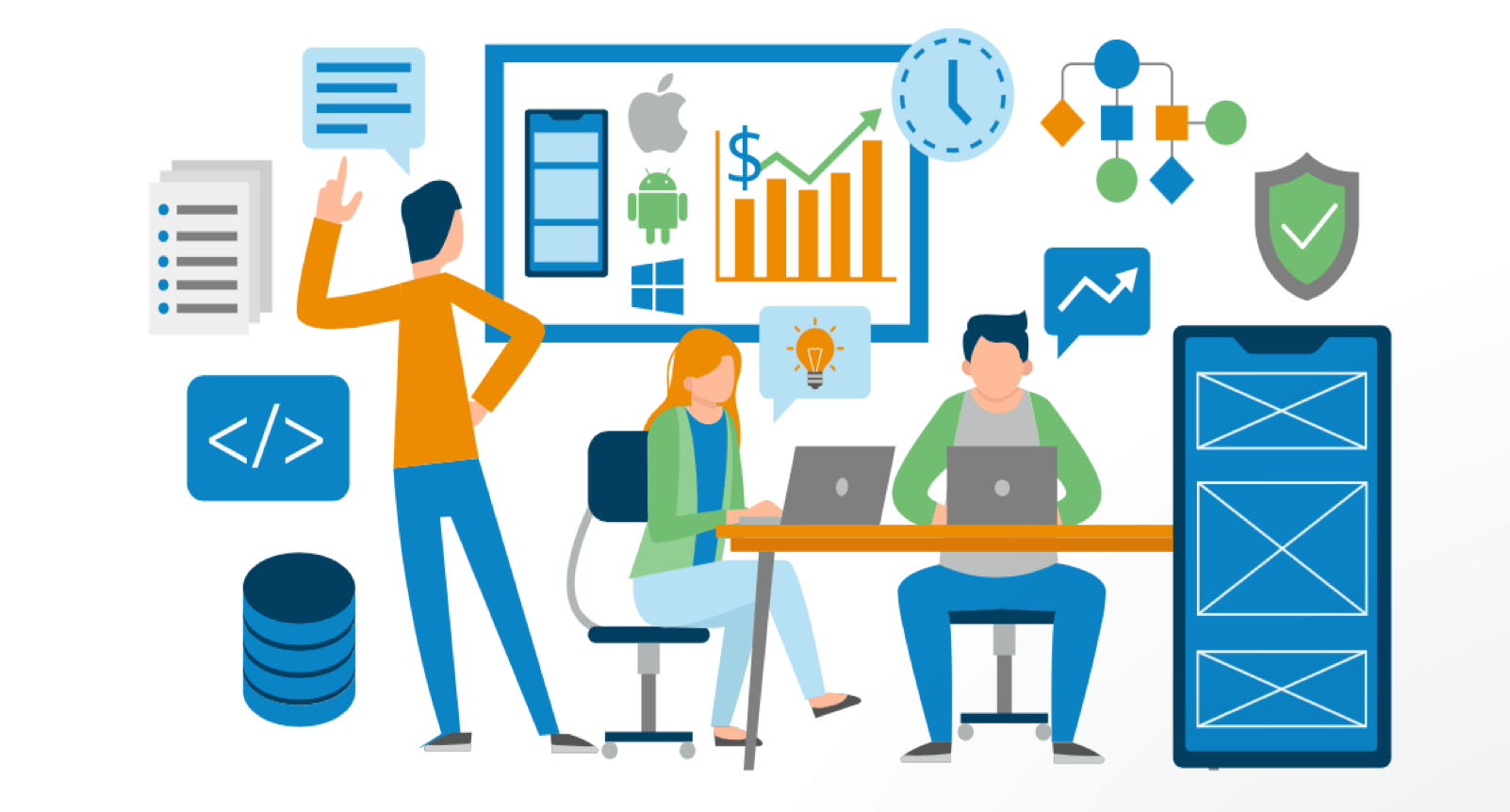Data Analytics Methodologies – All You Need to Know

The individuals who work in the area of data science take care of issues and answer queries through data analysis consistently.
They create models to foresee results or find structural designs, all to earn bits of knowledge promoting activities that improve future results.
Also, the tools and advanced techniques utilized in data analysis are developing quickly, upgrading data researchers’ skills to meet their objectives.
Although several industry experts have been moving into data scientist roles, most of them remain ignorant of how issues can be solved using data analysis technologies. As a consequence, strategies can sometimes not address the problem sufficiently.
Like traditional experts, data scientists need a fundamental procedure that helps in as a guiding methodology for taking care of issues.
This system, which is free of specific advances or tools, ought to give a structure for continuing with the strategies and procedures, allowing to get solutions and results.
Let’s read in-depth to know Data Analytics.
What Is Data Analysis Exactly?
Data analysis is a procedure that depends on strategies and methods to collect information, deep mining to know critical insights that are appropriate to the business’ essential objectives, and going deep into this data to change measurements, realities, and considerations along with tasks for development.
Learn Data Analytics
Data analytics is regularly a step to perfectly knowledgeable data scientists. You can learn skills in statistics, algorithms, AI, and visualization.
Data analytics requires tremendous skills and a little instinct about how and where to discover the appropriate responses a business needs. Supporting your skills in data analysis is an incredible method to get into this field and sets you up to examine insights and develop experience in business excellence.
Data Analytics Methodologies:
1. Business understanding
Every project, regardless of scale, begins with an understanding of business, which lays the foundation for sufficient business resolution. In this phase, the company sponsors who need the analysis solution are crucial by defining the problem, project goals, and business requirements.
2. Analytic Methodology
The data scientist should clearly define the theoretical approach to solving a business problem. Doing so includes communicating the issue with regards to factual and AI methods so the data scientist can recognize strategies reasonable for accomplishing the ideal result.
3. Information Requirements
The decision of scientific methodology decides the information prerequisites, for the analytic techniques r o be utilized require specific data content, configurations, and portrayals, guided by domain learning.
4. Collection of Data
The data analysis recognizes and collects data resources—organized, unstructured, and semi-organized—that are able to solve the problem. On experiencing gaps in data collection, the data expert may need to change the information prerequisites and gather more information.
5. Understand Data
Descriptive statistics and tools of visualization can help a data scientist interpret data information, maintain data quality, and gain initial perspectives in data. To close gaps in data understanding, a study of the previous step, data collection, may be appropriate.
6. Data Planning
The information planning stage contains all exercises used to build the informational collection for use in the demonstrating stage. These incorporate data cleaning, consolidating information from numerous sources, and changing information into increasingly valuable factors. Also, functional engineering and text analysis help to derive new organized variables, incorporate predictors to increase the accuracy of the model.
7. Descriptive Models
Data analytics utilize a preparation set beginning with the first version of the prepared data set — recorded information with a known result of interest — to create prescient or descriptive models utilizing the logical methodology. The modeling procedure is profoundly iterative.
8. Assessment
The data scientist assesses the model’s quality and checks whether it tends to the business issue completely and suitably. Doing so requires the figuring of different symptomatic measures—just as different yields, for example, tables and diagrams—utilizing testing set for a prescient model.
9. Deployment
Business sponsors affirm the agreeable model, and it reaches to the production environment. Such a deployment is frequently constrained at first to permit an assessment of its performance. Conveying a model into an operational business process, as a rule, includes various groups, abilities, and advancements.
10. Feedback on Model
By gathering results from the actualized model, the company gets feedback on the model’s presentation and sees how it influences its deployment condition. Investigating this feedback empowers the data researcher to refine the model, expanding its exactness, and along with its convenience.
This regularly disregarded stage can yield generous extra advantages whenever considered as a significant aspect of the general procedure.
Data Analytics Certification and Courses
Data analysis courses address strategies for overseeing and examining enormous datasets. Start your profession as a data scientist by learning data mining, big data applications and information product advancement.
Learn fundamental data investigation systems with proficient online courses from top schools and colleges. Learn data analytics and their best procedures to withstand beyond your competitor today!
IBM Data Science Professional Certificate
The IBM Data Science Professional Certificate is a fresher-level certification that exhibits a person’s aptitudes in data science aspects, including open-source tools and libraries, methods, Python databases, SQL, data representation, data analysis, and AI.
This learning experience boosts the information on Data Analytics with hands-on demos and undertakings. After finishing this data analytics certification course, you gain all the abilities required to turn into a useful data expert.
Once the Data Analyst Master’s Program completes, you benefit from the certificates from IBM and Simplilearn in the Data Analytics courses in a learning way. These certificates boost your abilities as a specialist in Data Analyst.
Getting new training in Data Analytics is easy through Simplilearn. Along with IBM, which is 9the second-biggest Predictive Analytics and Machine Learning solutions supplier, offers you courses intended to set you up for your career in data analytics and the past.
Lift your Career in Data Analytics:
Presently you are able to ponder the data analysis meaning. By taking measures to set your information and making your measurements work for you, it’s conceivable to change raw data enthusiastically – the sort of that empowers your business to the next level.
Your mastery can help give guidance and understanding for your business and guarantee that data quality never causes a choice failure. Indeed, great data analytics strategies bring about upgraded business intelligence (BI).









